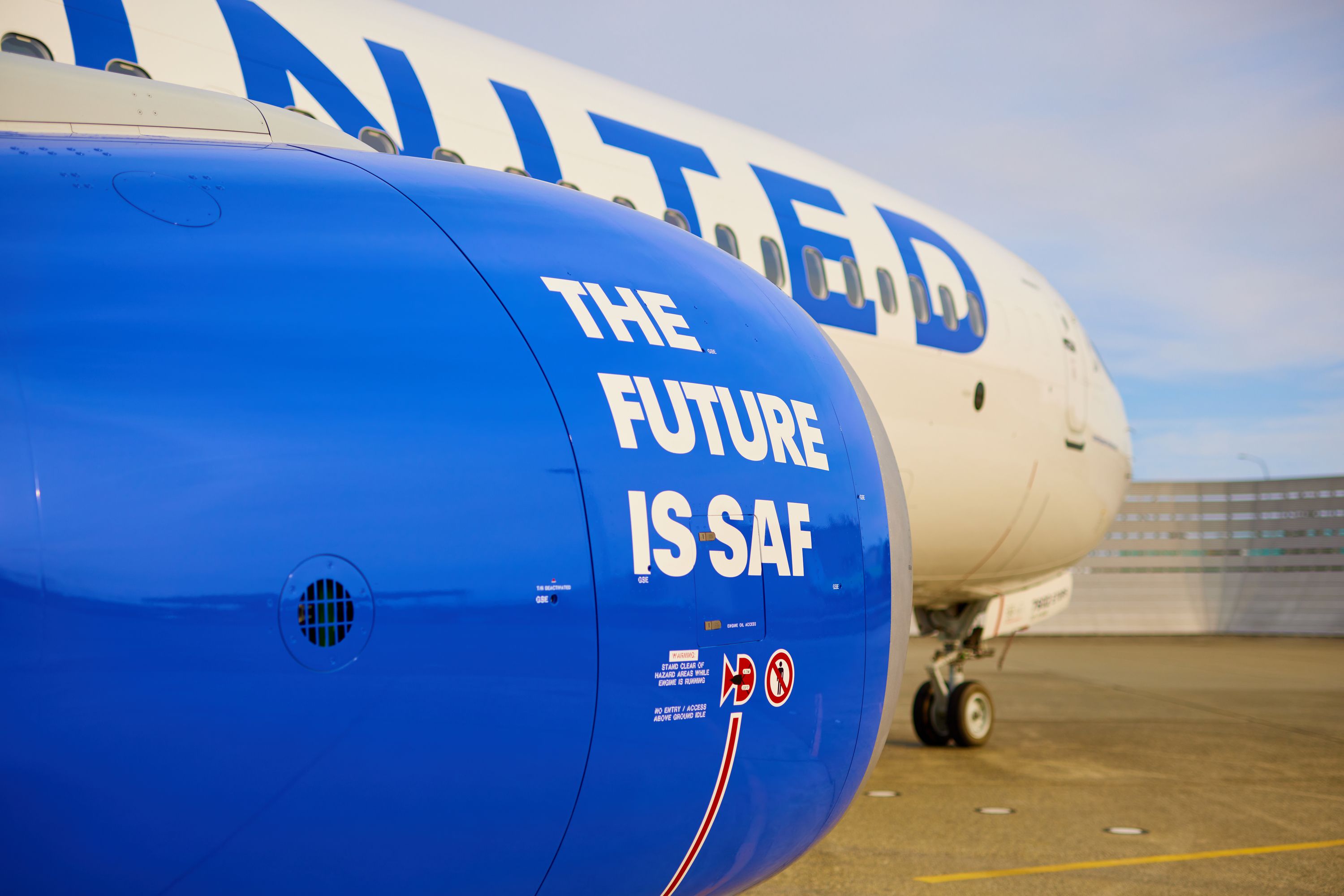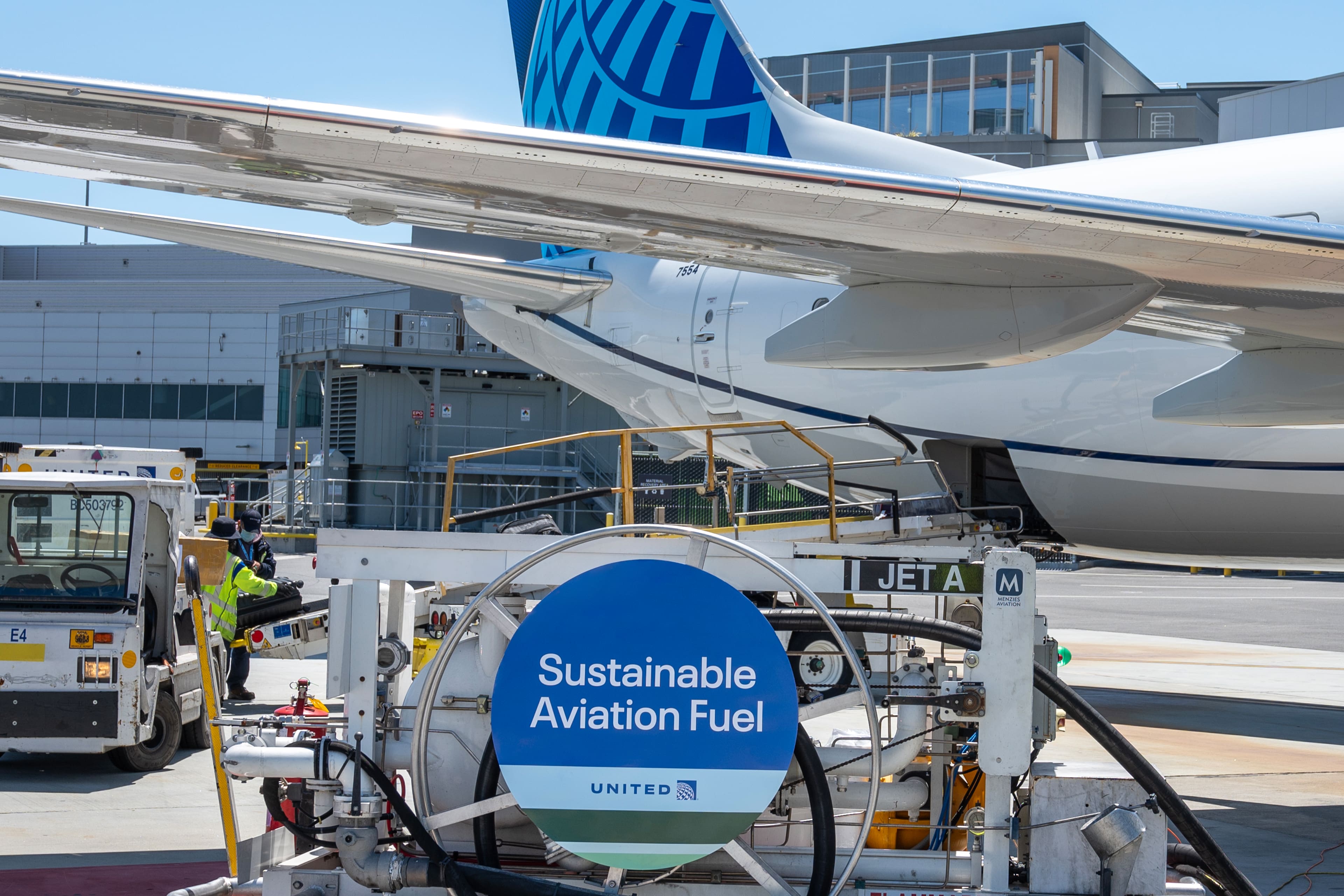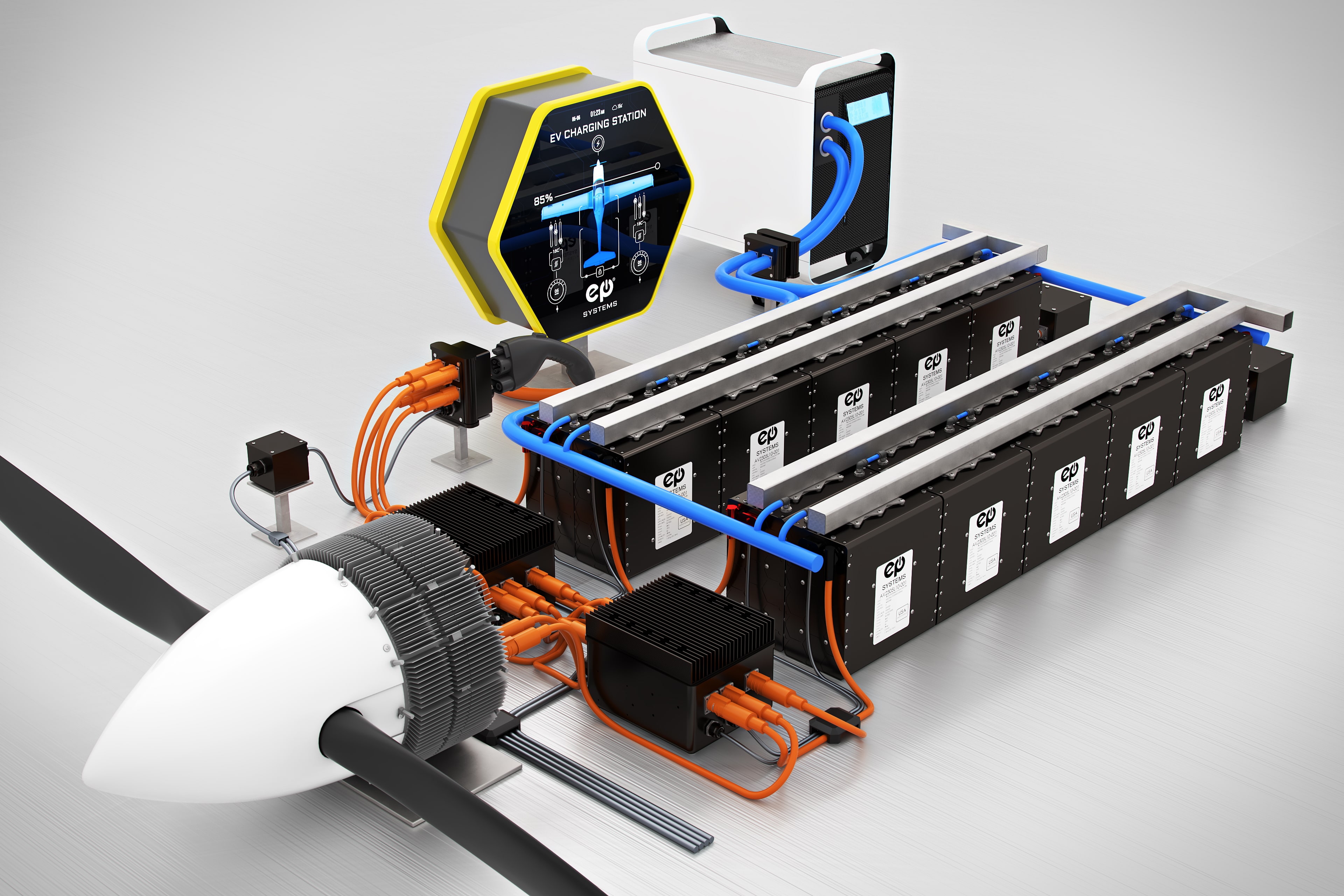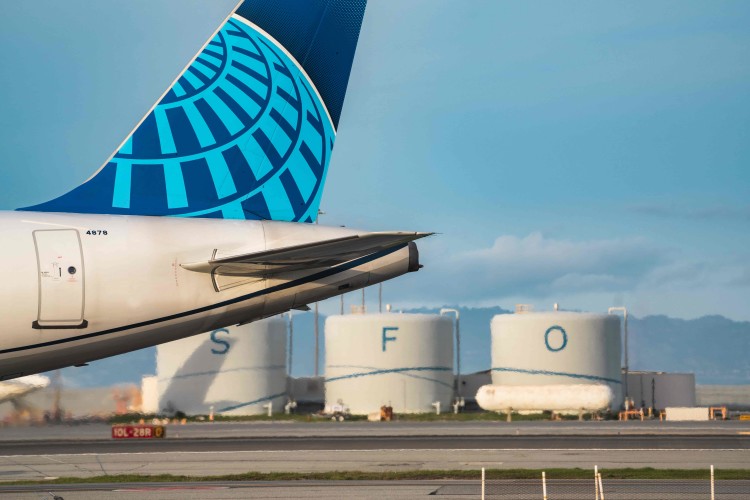United Invests $5m in Algae Fuel
United Airlines
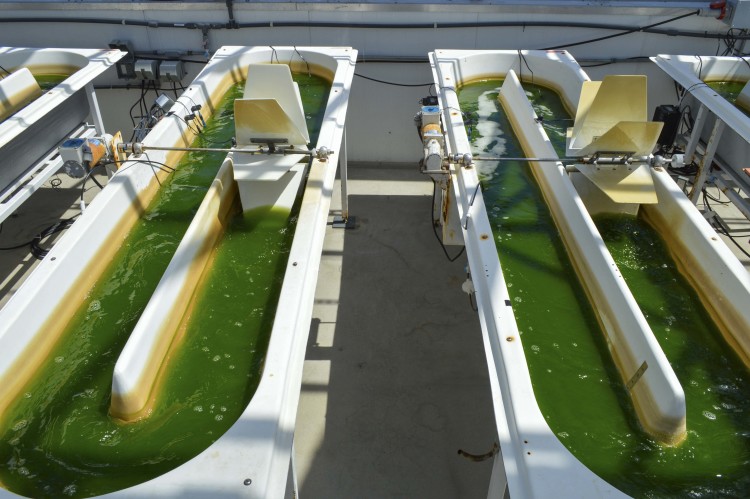
United aims to use microalgae for the production of sustainable aviation fuel (SAF) and has made its first investment in this direction through the newly introduced UAV Sustainable Flight FundSM. The airline has chosen to invest in Viridos, an algae biofuel company, to support its efforts in developing SAF.
United has committed $5 million towards the development of SAF generated from algae. This investment will aid in the production of SAF, which can be derived from a readily available and scalable resource without disrupting the food supply chain.
Viridos specialises in bioengineering microalgae and has developed proprietary technology that can enhance the amount of oil extracted from microalgae. This algae oil can then be used to scale the future production of SAF.
SAF is an environmentally friendly alternative to traditional jet fuel that reduces greenhouse gas (GHG) emissions associated with air travel on a lifecycle basis when compared to conventional jet fuel. It is derived from sources such as used cooking oil, agricultural waste, and, in the future, other feedstocks, including household waste, forest residue, or algae. United has invested in the future production of more than three billion gallons of SAF, the highest among all airlines globally.
"SAF is proven, scalable, and the best tool we have to reduce our carbon emissions from flying, but we face a significant shortage of available feedstock," said United Airlines Ventures President Mike Leskinen. "As the global aviation leader in SAF production investment, United remains committed to reaching net zero carbon emissions, without relying on traditional carbon offsets, by 2050. Viridos' algae-based biofuel technology has the potential to help solve our supply problem without the need for farmland or other agricultural resources and marks our inaugural investment in our new cross-industry UAV Sustainable Flight Fund."
Viridos is a biofuel company with a primary focus on reducing carbon emissions in various industries. It is at the forefront of bioengineering microalgae and has achieved a seven-fold increase in oil productivity compared to conventional wild-type algae.
This advancement presents an opportunity for the potentially scalable and sustainable production of algae oil that can be used for the production of SAF.
According to current projections, SAF generated using Viridos' algae oil is expected to have a 70% lower carbon footprint on a lifecycle basis when compared to traditional jet fuel.
Viridos' bioengineering technology possesses several unique features that enable improved scalability and sustainability compared to traditional jet fuel production methods. These features include:
High surface area oil productivities of Viridos algae surpass those of traditional oil crops, resulting in high yields of algae oil from relatively small areas.
Viridos algae are cultivated in seawater-based vessels, which permits their deployment in hot and arid locations without impacting freshwater and arable land resources while also preventing runoff.
Viridos algae have an exceptionally high oil content, simplifying the downstream processing of algae oil.
Viridos algae oil is a premium plant oil that can be processed by existing bio-refineries with high efficiency, making it a viable alternative for existing processing facilities.
"By establishing production sites to grow Viridos-engineered microalgae in saltwater, we are creating the foundation for a biofuel future that moves away from fossil fuels without competing for precious resources such as fresh water and arable land. We are excited to have support from United Airlines. Together we can build the ecosystem needed to bring algae biofuels to the market," said Oliver Fetzer, Viridos Chief Executive Officer.
Source: United Airlines



